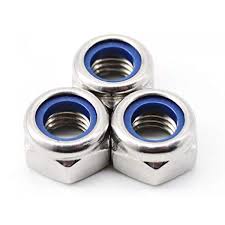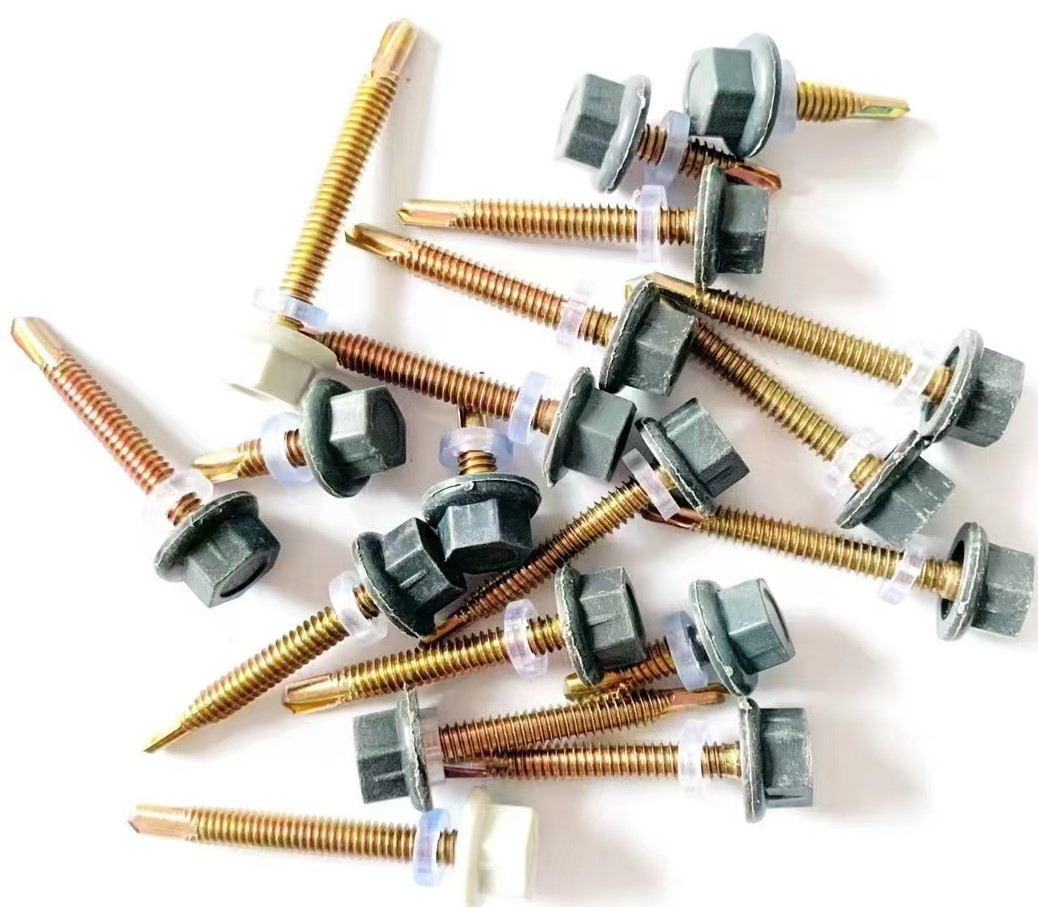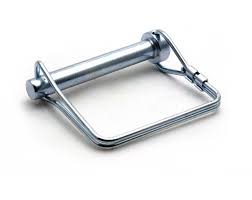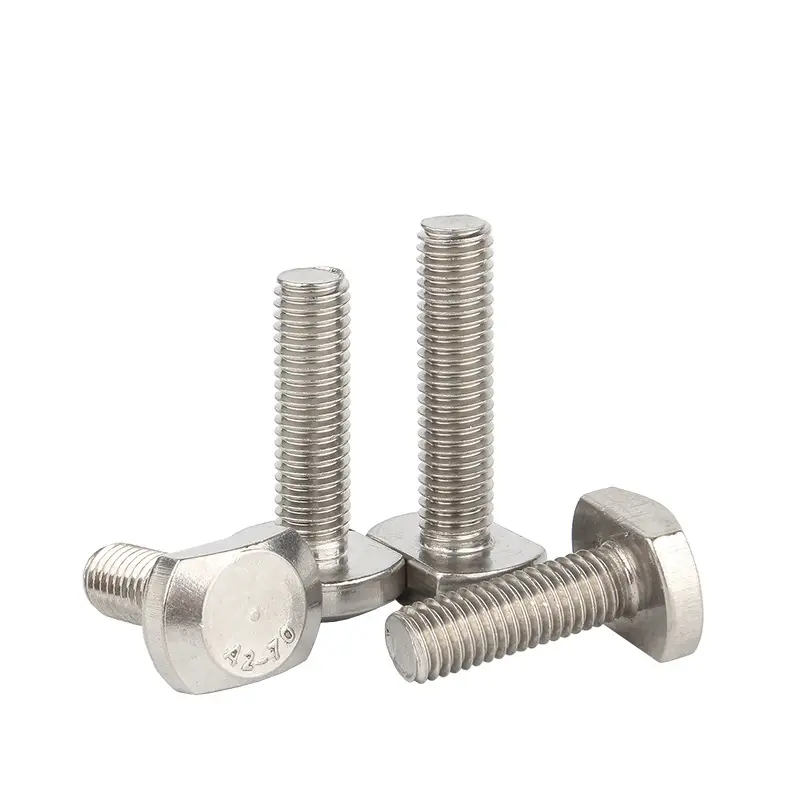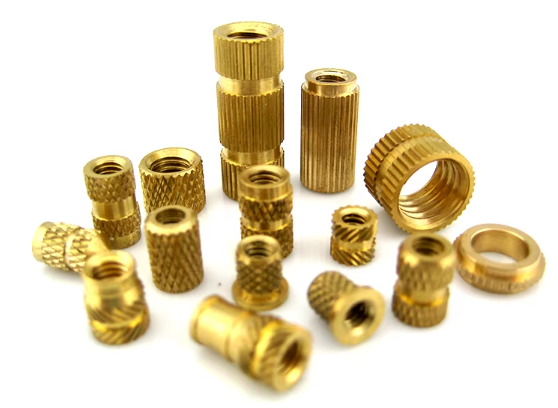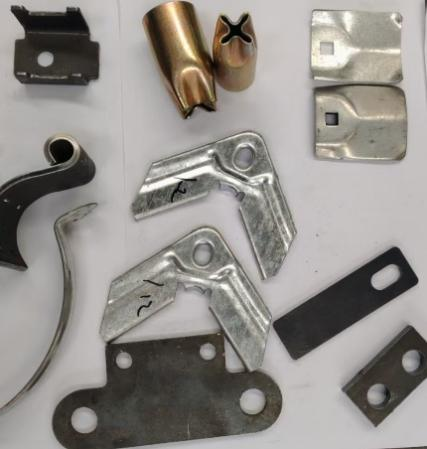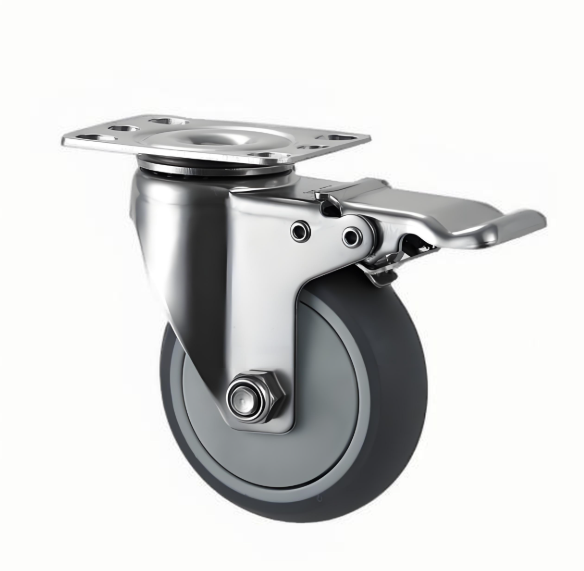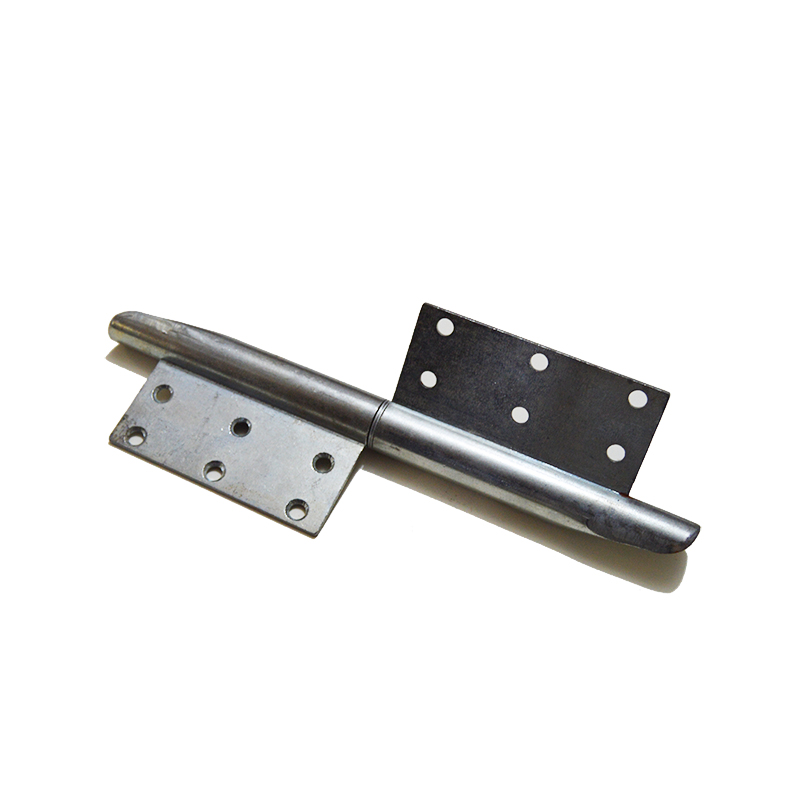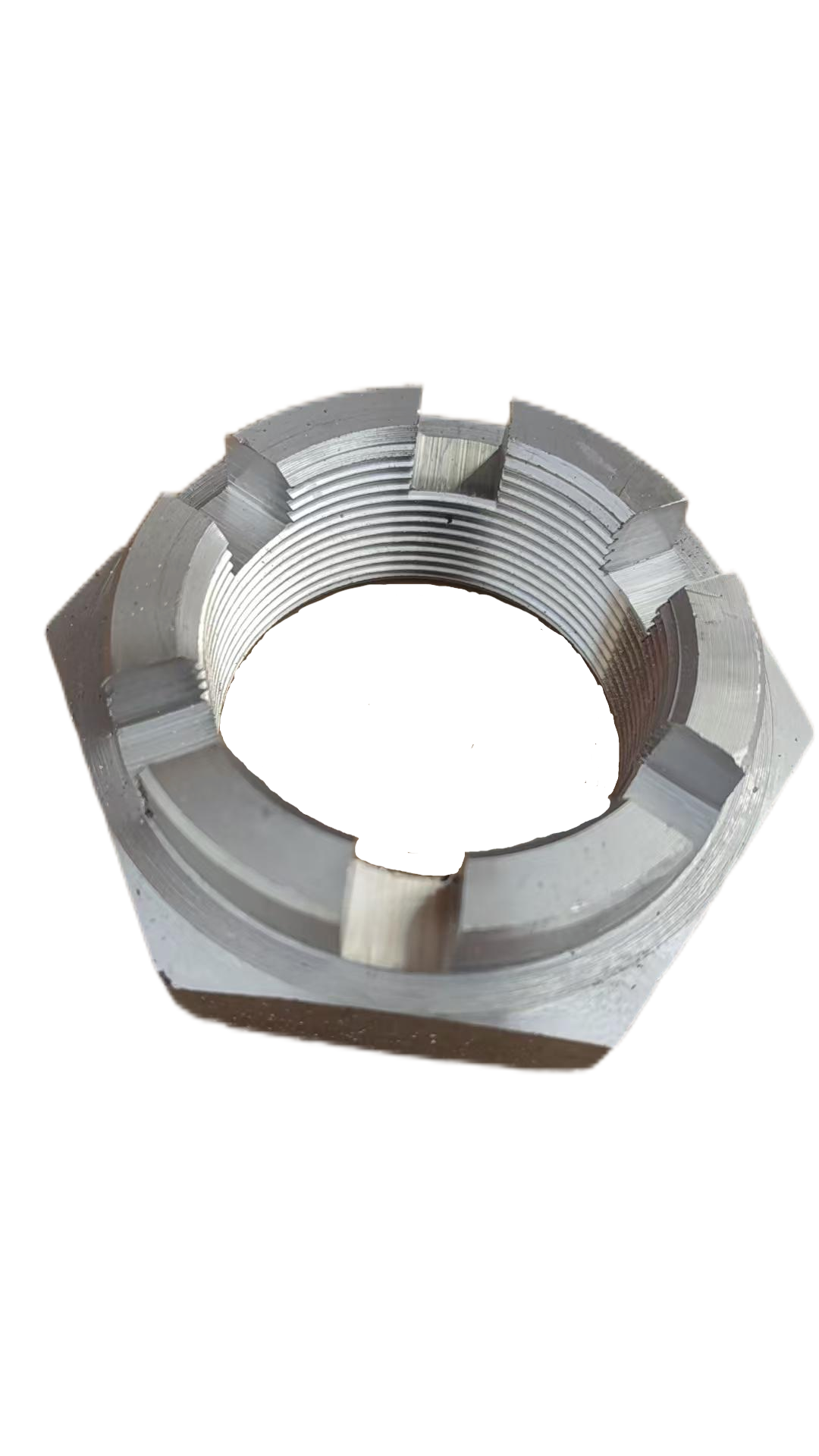Hex Nut and Bolt: A Comprehensive GuideUnderstanding the nuances of hex nut bolts is crucial for countless applications, from everyday household repairs to large-scale industrial projects. This guide provides a detailed overview of hex nut bolts, covering their types, materials, applications, and selection criteria. We aim to equip you with the knowledge necessary to confidently choose the right fastener for your specific needs.
Types of Hex Nut Bolts
Standard Hex Bolts
These are the most common type of
hex nut bolt, featuring a hexagonal head and a threaded shaft. They are available in a wide range of sizes and materials to suit various applications. The strength and durability of a standard hex bolt depend significantly on its material, such as carbon steel, stainless steel, or other alloys.
Hex Flange Bolts
These bolts have a larger head with a flange, providing a larger bearing surface and increased clamping force. This design is particularly useful when dealing with thinner materials to prevent damage. The flange distributes the clamping pressure, minimizing potential material deformation.
Hex Cap Screws
While technically distinct from bolts, hex cap screws are often used interchangeably with
hex nut bolts. They typically have a slightly shorter shank and are often used in applications where a nut is not required, such as when directly screwing into a threaded hole.
Specialty Hex Bolts
There's a wide variety of specialized
hex nut bolts available, designed for specific applications and environments. Examples include: High-strength bolts: Used in applications requiring exceptional tensile strength and resistance to extreme forces. Corrosion-resistant bolts: Constructed from stainless steel or other materials designed to withstand harsh environmental conditions. These are often favored in marine, chemical, and outdoor settings. Hex bolts with washers: Pre-assembled with washers for added convenience and security. These are commonly used to protect the surface from scratches or provide a more secure connection.
Materials Used in Hex Nut Bolts
The material of your
hex nut bolts significantly impacts its strength, corrosion resistance, and overall lifespan. Common materials include:| Material | Advantages | Disadvantages ||--------------------|-------------------------------------------|------------------------------------------|| Carbon Steel | High strength, low cost | Susceptible to corrosion || Stainless Steel | Excellent corrosion resistance, high strength | Higher cost than carbon steel || Brass | Corrosion resistance, good electrical conductivity | Lower strength than steel || Alloy Steel | High strength, specific properties tailored for a purpose | Higher cost than carbon steel, may require special tools.|
Table data sourced from various fastener manufacturers' websites. Specific properties vary depending on the grade and alloy.
Selecting the Right Hex Nut Bolt
Choosing the correct
hex nut bolt involves considering several factors, including: Thread Size and Pitch: Ensuring compatibility with the receiving nut and material. Incorrect thread size will result in a loose and ineffective connection. Bolt Length: Sufficient length is crucial for secure clamping and proper engagement. Too short a bolt might lead to failure. Material Strength: Choosing a material appropriate for the intended application's load and environmental conditions. Using the wrong material may lead to premature failure. Head Style: Selecting the appropriate head style for accessibility, torque, and aesthetics.
Applications of Hex Nut Bolts
Hex nut bolts are ubiquitous, finding use in a vast array of applications across diverse industries, including: Construction: Securing structural components and equipment. Automotive: Fastening engine parts, body panels, and other components. Manufacturing: Assembling machinery and equipment. Machinery: Connecting moving parts and ensuring structural integrity. Household repairs: General home maintenance and repair tasks.For high-quality
hex nut bolts and other fasteners, consider exploring the options available at
Hebei Dewell Metal Products Co., LTD. Their extensive selection and commitment to quality ensure you'll find the perfect fastener for your needs.
Conclusion
Understanding the various types, materials, and applications of
hex nut bolts is essential for successful projects. By carefully considering the factors outlined in this guide, you can ensure the selection of the correct fastener for optimal performance and longevity. Remember to always prioritize safety and use appropriate tools and techniques for installation.



